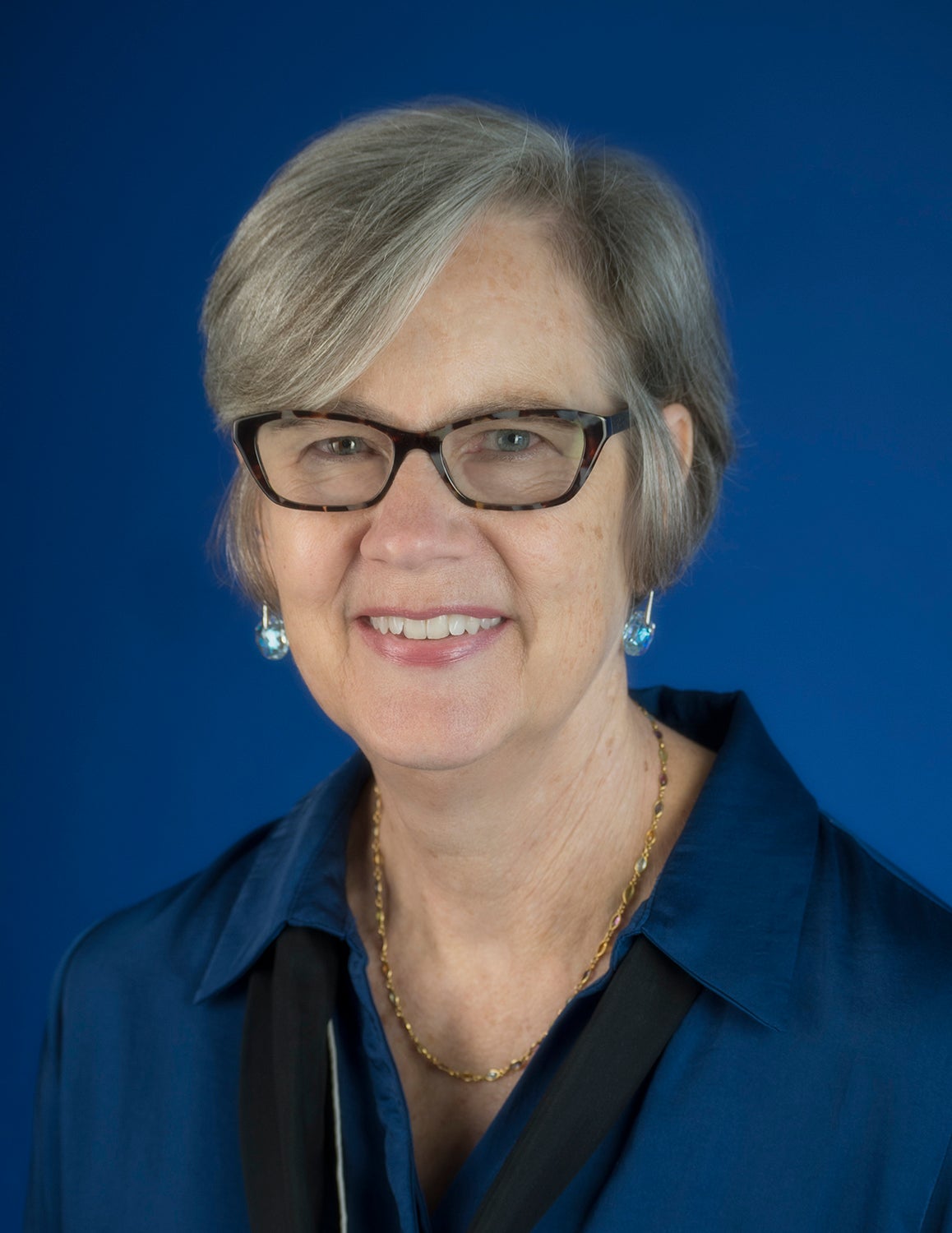KINGSTON, R.I., July 5, 2017 – Leslie Mahler, associate professor of communicative disorders in the University of Rhode Island’s College of Health Sciences, is the new director of the Interdisciplinary Neuroscience Program, where she serves as a faculty member.
She succeeds Nasser Zawia, professor in the College of Pharmacy and dean of the Graduate School. Zawia was named founding director of the program in 2011 and led the program for the maximum two terms.
“Leadership of the Interdisciplinary Neuroscience Program could not be in more capable hands,” Zawia said of Mahler’s appointment. “In addition to her knowledge and expertise, Professor Mahler brings a commitment to her students’ growth and robust research that can improve people’s lives in meaningful ways.”
Mahler joined URI in January 2007 after completing a dual doctorate in speech and hearing sciences and neuroscience at the University of Colorado-Boulder. She strives to bridge research, classroom teaching and clinical instruction by maintaining an active clinical practice for research and treatment. She incorporates research findings from the literature into her teaching and applies classroom theory to evaluation, diagnosis and treatment of clients in the University’s Speech and Hearing Clinics. Earlier this year, Mahler initiated Rhode Island’s first voice therapy clinic for transgender women.
The Interdisciplinary Neuroscience Program’s mission is to develop researchers and entrepreneurs who investigate the physiological basis of behavior and find solutions for debilitating brain disorders, such as Alzheimer’s and Parkinson’s diseases, epilepsy, schizophrenia and more. The program offers master’s and doctoral degrees in neuroscience as well as a post-baccalaureate certificate. Its interdisciplinary approach provides neuroscience training that is both broad and deep including practical, hands-on laboratory skills and significant research experience.
“I am honored to have the opportunity to lead this important program as it continues to expand its impact on the field of neuroscience, on the education of a new generation of researchers and on the lives of people living with neurological diagnoses,” Mahler said.
Mahler’s current research interests and publications focus on assessment and treatment of motor speech disorders and cognitive-linguistic abilities to improve quality of life for adults with neurological diagnoses. She investigates how principles of motor learning can be translated into therapies that drive changes in neural plasticity in individuals with neurological impairments, resulting in lasting improvements in functional communication.
She is co-inventor of technology with Kunal Mankodiya (assistant professor in URI’s College of Engineering) to acquire speech data outside of the clinical environment with the goal of improving and maintaining treatment outcomes.
In addition to her doctorate from the University of Colorado, Mahler holds a master’s in business administration in strategic marketing from Drake University in Iowa, a master’s in communication disorders from University of the Pacific in California, and a bachelor’s in speech, language and hearing sciences from the University of Colorado-Boulder.
Zawia will continue to lead URI’s graduate school and continue his research. He has made significant contributions to neuroscience research, including discoveries regarding Alzheimer’s disease that have garnered international attention. For example, research that Zawia began in 2005 with a grant from the National Institutes of Health — and has been confirmed with nearly a decade of follow-up studies — has proven that infant exposure to lead results in late-age cognitive decline and pathology linked to Alzheimer’s disease.

